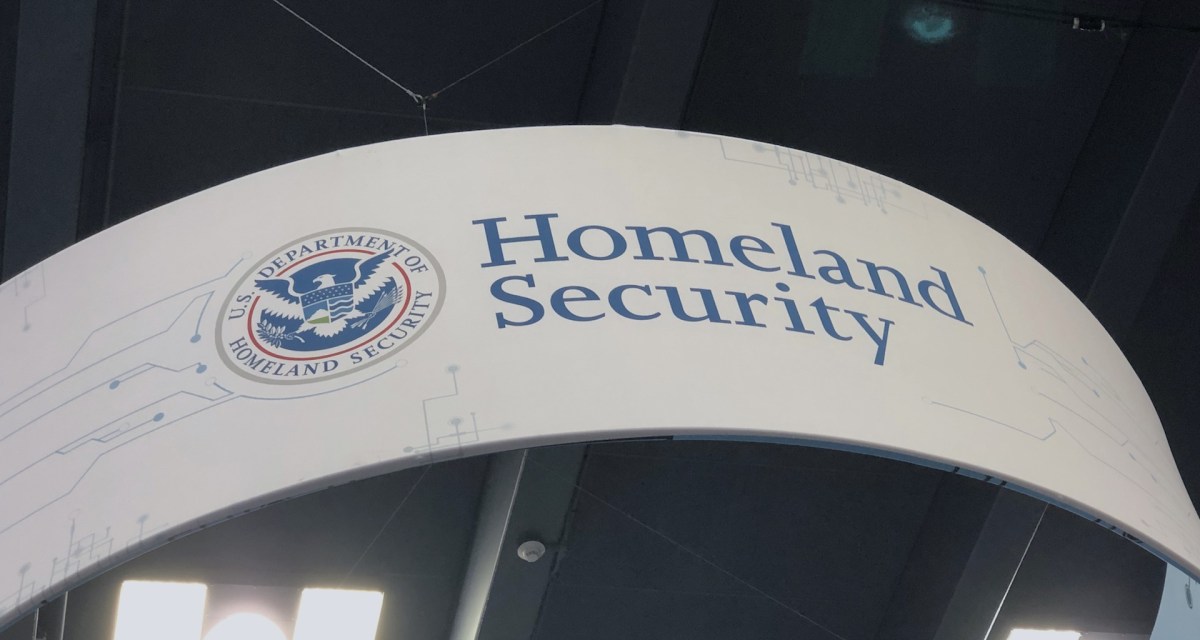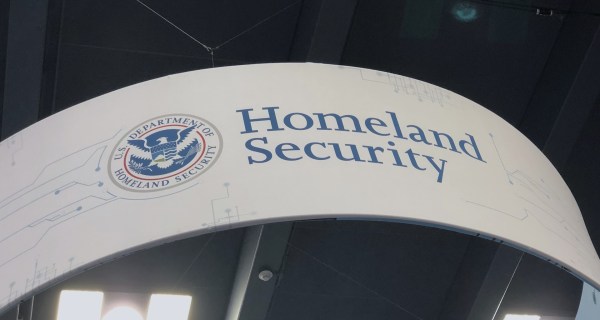Homeland Security to launch explosives research database to help combat threats

The Department of Homeland Security plans to launch a database of explosives research, testing and evaluation data to assist personnel in mitigating threats in the fall.
DHS previewed the rollout of the Explosives Planning and Research Tool (ExPRT) in a Thursday blog post. The tool is currently undergoing testing and, when launched, will be a “secure, web-based one-stop-shop” for subject matter experts, first responders, and others in the explosives research community, the agency said.
“ExPRT provides critical explosives research to our [subject matter experts] who need it the most,” Anna Tedeschi, who manages the Explosives Threat Assessment program at DHS’s Science and Technology Directorate, said in the blog post.
“Once implemented it will vastly improve our collaborative efforts to continue protecting the nation from any future explosive threats, and also serve as a resource for ensuring best practices,” Tedeschi said.
ExPRT is intended to address the challenges presented by attempting to organize information and research about explosive threats, sharing that information, avoiding repetitive studies, preventing loss of institutional knowledge, and planning for investments in new future research, Tedeschi said.
The database will contain technical information, reports on screening and mitigation technology, completed and ongoing studies, and contact information for organizations involved in the research, according to the blog post. The information will span from the early 2000s to present day.
After internal testing is complete, the database will be independently assessed by the Department of Energy (DOE) and the Federal Bureau of Investigation (FBI), according to the blog post. The agencies will “perform functional use-case and other tests to validate how well it will work in the field.”






